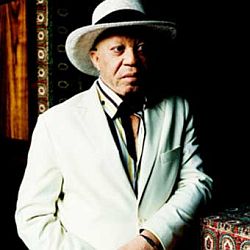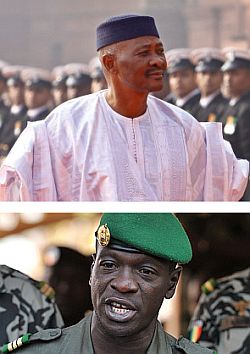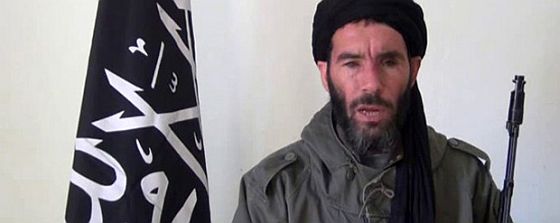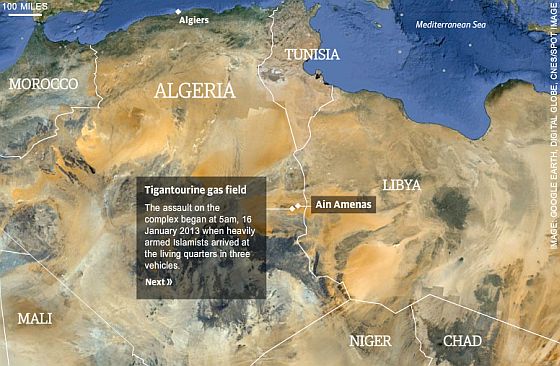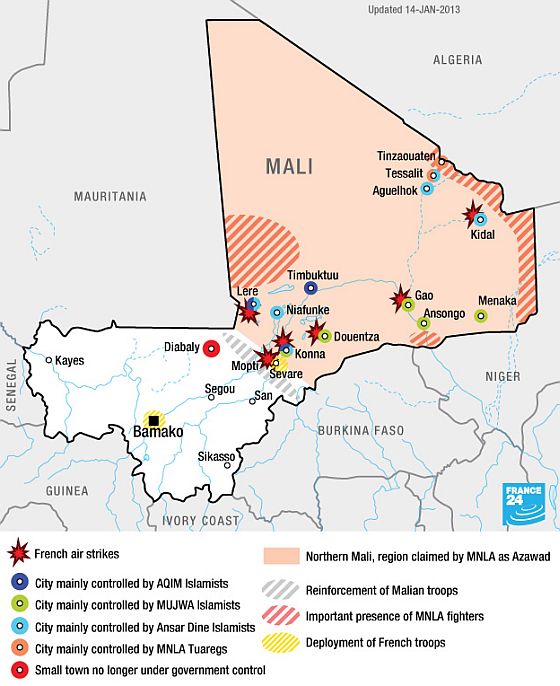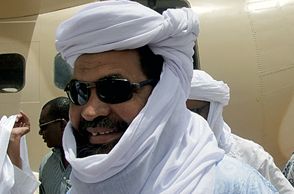In an extract from his forthcoming book, Andy Morgan writes about ties that are claimed to have been secretly formed between the Malian government and Al Qaida in recent years. “There are facts about Al Qaida in the Islamic Maghreb (AQIM) that are reassuringly hard and verifiable. The organisation exists. It’s run by Algerian Arabs. It’s made a home from home in the north east of Mali… It earns millions and millions of euros from kidnapping westerners.”
With a couple of rare if significant exceptions, AQIM have never actually kidnapped their victims on Malian soil. They’ve only brought them back to Mali for safe-keeping. And with the equally rare exception of a major clash north of Timbuktu in July 2009, in which 28 soldiers were killed, the Malian army have never actually lead a full frontal assault on Al Qaida.
These two facts alone have lead many conspiracy theorists and almost the entire Touareg intelligentsia at home and abroad, to conclude that Al Qaida were invited on to Malian soil by the Malian government in order to the discredit the Touareg nationalist movement and mask the illegal trafficking going on in the north, from which a number of middle-ranking and senior Malian officials were drawing hefty amounts of black cash. In the atmosphere of anti-Islamist paranoia that seized the world following the 9/11 attacks, it was expedient for any government to twist the international image of a recalcitrant separatist movement and pass it off as an Islamist terror one instead. The strategy masked the true nature of the separatist struggle, confused international opinion and secured almost immediate benefits in the form of better diplomatic and security ties with the USA and Europe, more military aid, both in money and in kind. That’s what happened in Mali in the years following 2003.
The problem with the theory of collusion between AQIM and the Malian government is that no firm evidence has ever been produced to back it up. No one has actually photographed or recorded a Malian army officer or secret service agent chatting with an Al Qaida emir, or taking possession of a fat brown envelope full of narco-cash in some distant corner of the northern deserts. Of course, that’s the nature of this shadowy world. Nothing is ever written down. Dirty deals are done behind closed doors, or on an impossibly remote sand dune right in the middle of nowhere. The north of Mali has been closed to outsiders, especially journalists, for years. AQIM money is carefully laundered through various banks and legitimate businesses in Mali, Niger, Mauritania and further afield. Or it’s used to buy huge herds that chomp happily on the pastures of the north, away from the prying eyes of the world. There are no witnesses on record because there has never been any proper investigation. And even if there had been, who would risk their skin to expose skullduggery at such high levels. Fully uncovering the matrix of villainy that has been choking Tinariwen’s homeland since the beginning of the millennium presents a journalistic challenge that would make Watergate look like an episode of Miss Marple.
At the moment, all it can ever boil down to is one enormous hunch, a devil’s choice between a damning and a marginally less damning scenario. At best, finding AQIM on their territory, the Malian government just left them there to fester, knowing full well that their presence would putrefy the social fabric of the northern deserts. They did this because they didn’t want to risk Malian lives by taking fight to the terrorists, and / or because there were Northern Arabs in the Malian army and secret services who had strong family and cultural ties to AQIM and encouraged its presence on Malian soil because it provided an effective screen behind which they could continue with their high-stakes smuggling. Furthermore, AQIM’s presence in the north east would sully the Touareg independence cause with the taint of Islamic terrorism, an especially apt consideration following the Touareg rebellion of May 23rd 2006. At worst, all of the above is true, except that instead of waking up one morning and finding them there, the Malians actually invited AQIM to come and establish their iniquitous presence on this once open and welcoming land. That Malian policy towards AQIM should have been quite so cynical might come as quite a surprise to many. Diplomats at the US Embassy in Bamako were certainly quit taken aback when, in October 2006, a key official in the Malian Ministry of Territorial Administration told them that hostilities between the GSPC and the latest in a long line of Touareg rebel movements, the ADC, worked to the government of Mali’s advantage. Following clashes between the Touareg rebels and the GSPC, the terrorists had vowed to wipe out the ADC leadership. “The enemy of my enemy is my friend,” stated the Malian politician. Exactly how friendly, he refused to say.

